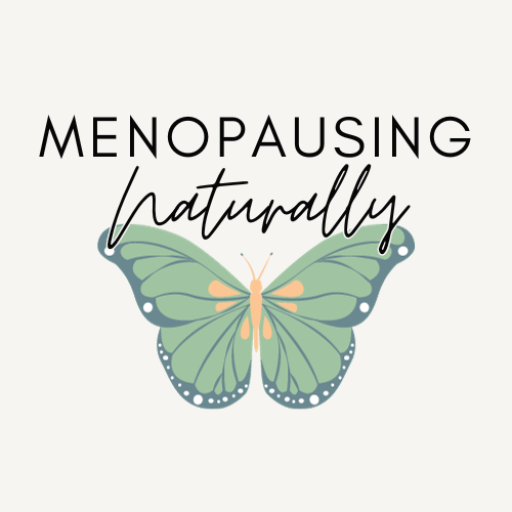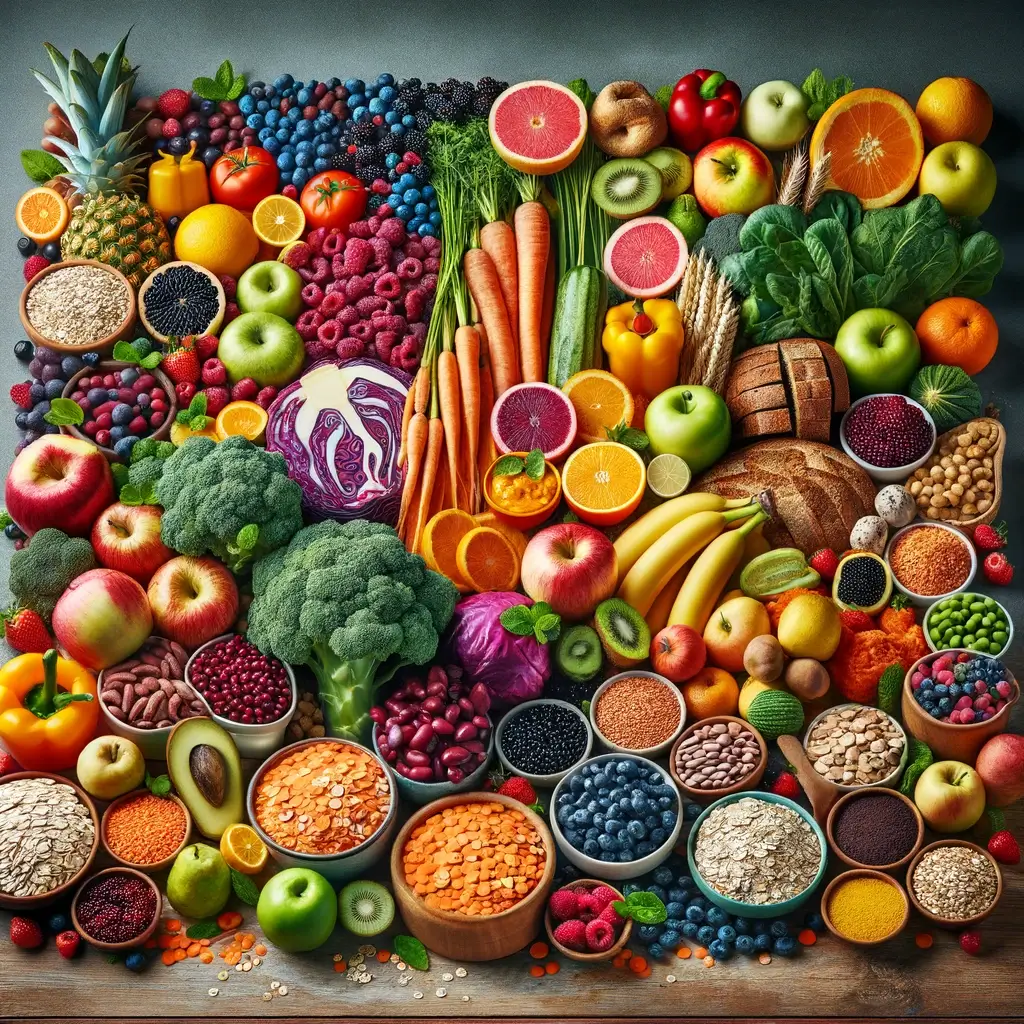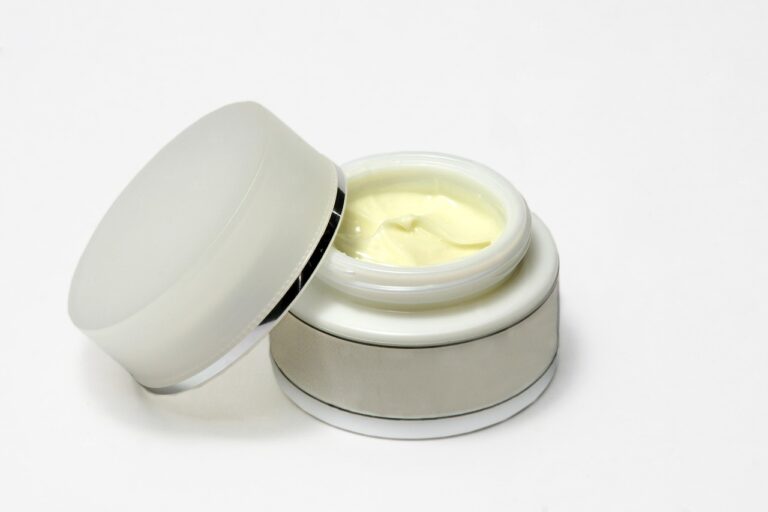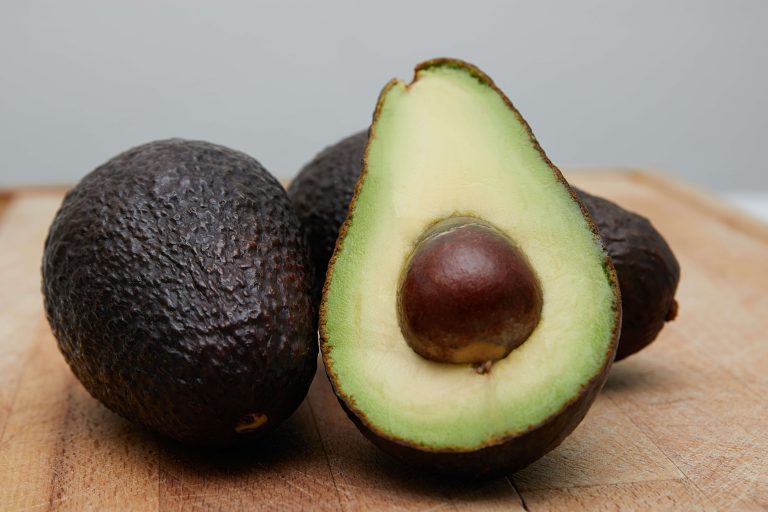Essential Foods for Menopausal and Perimenopausal Women: A Guide to Hormonal Balance and Energy Boosting
Menopause and perimenopause are not just about enduring hot flashes and mood swings; they’re about embracing change and finding balance. As our bodies transition, the need for a tailored approach to nutrition becomes paramount. The key? Understanding how dietary choices can support hormonal balance, enhance energy, and manage symptoms naturally. Let’s explore the essential foods that can make this journey smoother and more vibrant.
Hormonal Changes and Challenges
As we step into menopause, our bodies undergo significant changes. The metabolism slows down, we become more sensitive to blood sugar fluctuations, and fatigue becomes a frequent unwelcome guest. Digestive issues, inflammation, and muscle strength loss also join the party, making it clear that our nutritional needs are evolving.
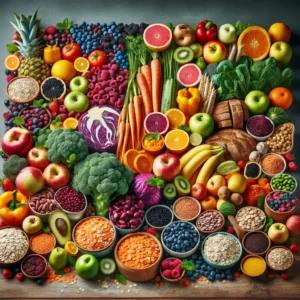
Dietary Strategy for Hormonal Balance
The cornerstone of navigating menopause with ease is a diet rich in foods that support hormonal balance, kickstart metabolism, quell inflammation, and assist in detoxification. Here’s a closer look at the key food groups to focus on:
- High-Fiber Foods: Think of fiber as your hormonal fluctuation regulator. It plays a crucial role in eliminating toxins and keeping things running smoothly.
- Phytoestrogens and Adaptogens: These are your stress-busters. They help your body adapt to menopause stress, supporting your immune and nervous systems.
- Digestion-Enhancing Foods: A happy gut means better nutrient absorption. Foods that improve your gut microbiome are essential.
- Slow-Release Carbohydrates: Stable blood sugar levels mean fewer cravings and mood swings. Opt for carbs that release energy slowly.
- Easily Digestible Protein: Keep your muscles strong and your energy up with proteins that your body can easily use.
- Anti-Inflammatory Foods: Combat the inflammation that comes with decreased estrogen levels by incorporating anti-inflammatory foods into your diet.
- High-Quality Natural Fats: These fats are not just good for your hormones and brain; they also keep you feeling full longer.
- Dark Leafy Greens: Detoxification is key during menopause, and dark leafy greens are your best friend in this process.
- Seeds and Nuts: For hormonal health, these are non-negotiable. They’re packed with nutrients essential for your body during menopause.
Practical Tips for Implementation
It’s not just about what you eat but also how and when you eat. The right portion sizes at the right times can amplify the benefits of these foods. Here are some practical tips:
- Avoid old habits that no longer serve you, like skipping meals or under-eating.
- Be mindful of overeating at night and relying on a limited range of foods.
- Incorporate a variety of the mentioned food groups into your daily diet to ensure a well-rounded approach to your nutritional needs.

Encouragement and Support
Embracing dietary changes during menopause and perimenopause can seem daunting, but remember, you’re not alone. With vigilance and informed choices, you can navigate this phase with confidence. The key takeaway? By focusing on these essential foods and adopting a balanced approach to eating, menopause doesn’t have to be a struggle; it can be a journey of renewal and vitality.
Let’s not just endure menopause; let’s thrive through it with the right dietary choices. Here’s to a balanced, energetic, and symptom-managed menopause journey. Cheers to your health!
FAQs
Q: Can diet really help manage menopause symptoms? A: Absolutely! While diet isn’t a cure-all, it plays a crucial role in balancing hormones and managing symptoms like hot flashes, mood swings, and weight gain.
Q: How quickly can I see results after changing my diet? A: It varies from person to person, but many women report feeling improvements in their symptoms within a few weeks of making dietary changes.
Q: Are there any foods I should avoid during menopause? A: It’s wise to limit processed foods, excessive sugar, and caffeine, as these can exacerbate symptoms like hot flashes and mood swings.
Wrapping Up
As we’ve seen, the journey through menopause and perimenopause doesn’t have to be a rocky one. With the right dietary strategy, focusing on essential foods that support hormonal balance and energy levels, you can navigate this transition smoothly and with confidence. Remember, every woman’s journey is unique, but making informed food choices can universally empower us to manage menopause symptoms more effectively. Here’s to embracing this phase of life with knowledge, grace, and a plate full of hormone-balancing goodness!
